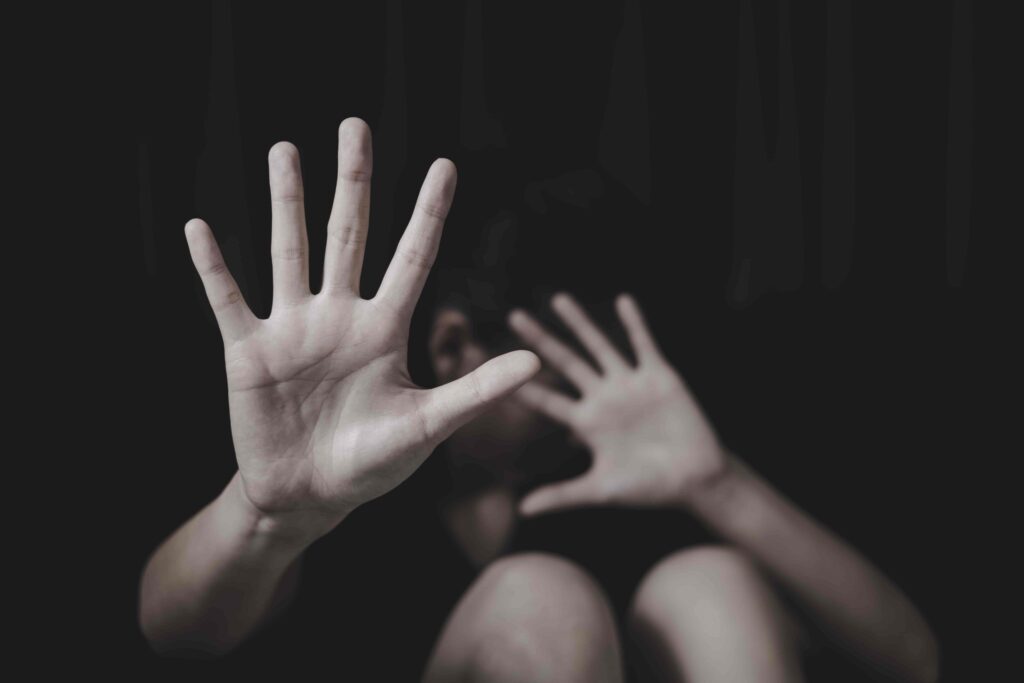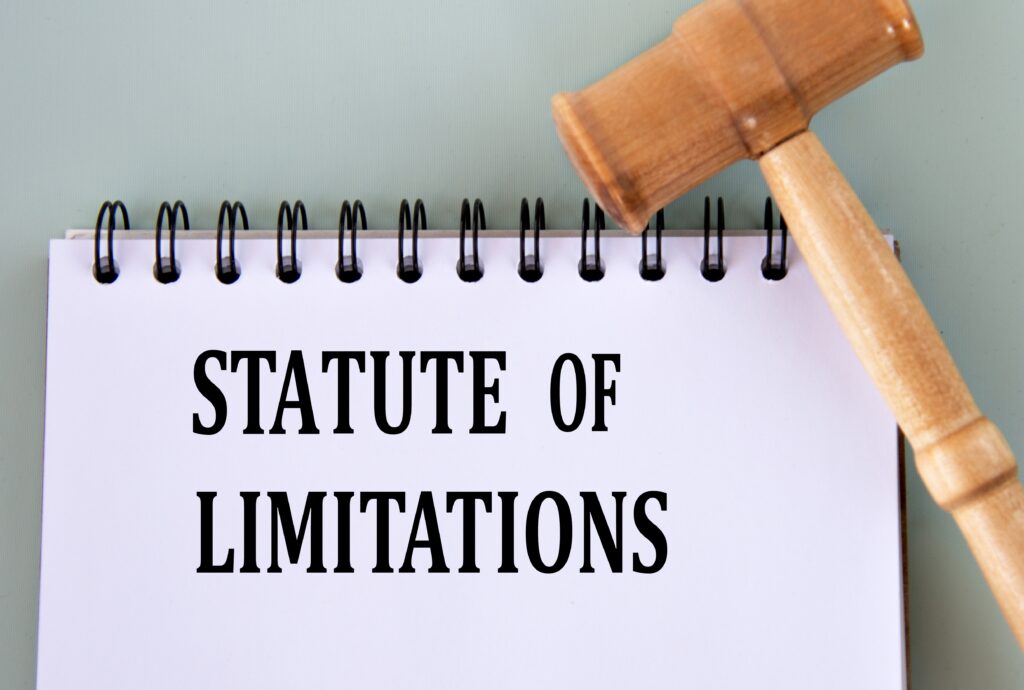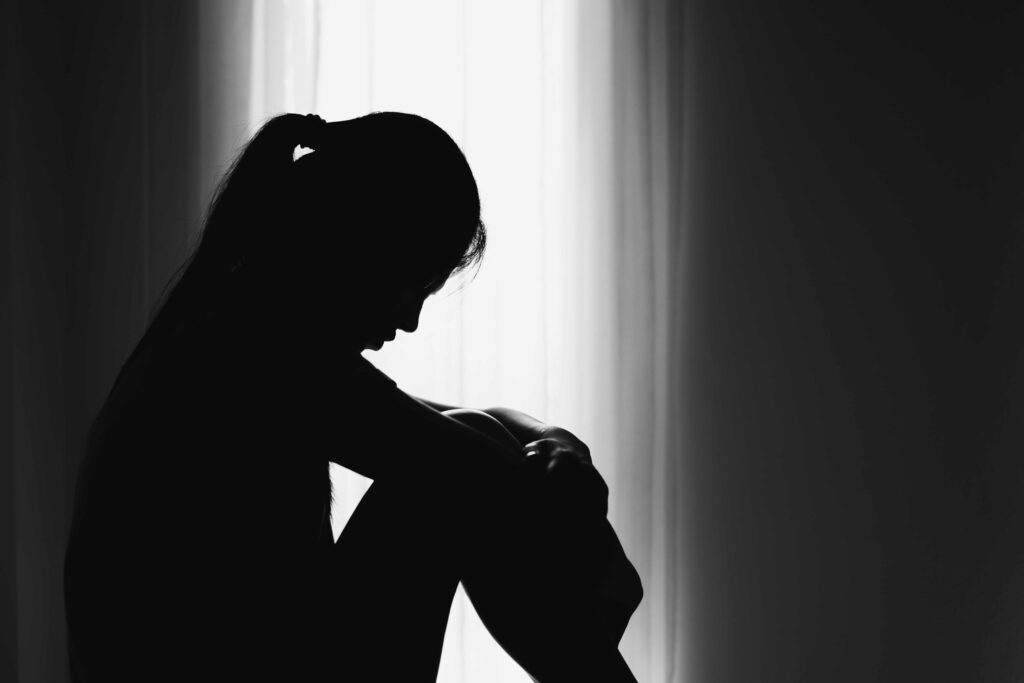When you have been sexually abused, the legal system is probably the last thing on your mind. How can you hold someone accountable without your life becoming public? What are the deadlines for taking action? Is it even possible to seek justice when the abuse happened years ago?
A civil lawsuit offers a way to demand accountability on your own terms, separate from any criminal proceedings. It is a path toward regaining a measure of control.
If you need to understand your legal options, we are here to provide a completely confidential consultation. Call Kurtz Riley Law Group at (623) 303-5754 to speak with someone who can help.
Key Takeaways Regarding Phoenix Sexual Abuse Claims
- Accountability: A civil lawsuit allows you to seek financial compensation for the harm caused by sexual abuse, separate from any criminal case. You can sue the individual abuser and, in many cases, institutions like schools, churches, or employers that failed to protect you. You control the process and can hold both the abuser and any responsible institutions accountable.
- Confidentiality: Arizona law allows you to file a lawsuit using a pseudonym, such as "Jane Doe," to protect your privacy throughout the legal process.
- Deadlines: Arizona law provides specific deadlines, or statutes of limitations, for filing a claim. For abuse that occurred during childhood, you generally have until your 30th birthday to file. The deadlines vary, so you should consult an attorney to confirm your eligibility.
- No Upfront Costs: We handle sexual abuse cases on a contingency fee basis. You pay no legal fees unless we secure compensation for you.
A Direct and Personal Approach to Justice

At Kurtz Riley Law Group, we built our firm on a simple principle: every person we help deserves our full attention. Founders Austin Kurtz and Brian Riley wanted to create a practice where clients are treated as individuals, not as case files.
A Record of Holding Powerful Entities Accountable
Our team has a history of handling difficult cases and securing strong results for our clients. We have successfully gone toe-to-toe with large organizations and have achieved outcomes such as:
- $2.2 million in a medical malpractice case.
- $1.75 million and $1.55 million in wrongful death claims.
- $1.6 million for a catastrophic injury.
This experience has earned us recognition, including being named the "Best Personal Injury Law Firm" by Phoenix Magazine in their Best of the Valley awards.
There Is No Financial Risk to You
We handle these cases on a contingency fee basis. This means you pay no fees unless and until we win your case. Your first consultation is always free and confidential.
What Does a Civil Claim for Sexual Abuse Involve?
A civil lawsuit is entirely separate from any criminal charges. Its purpose is to secure financial compensation for the harm you have suffered. This process allows you to seek justice directly from the abuser and, in some cases, from institutions that failed to protect you.
Who Can Be Held Responsible?
In a civil sexual abuse claim, liability is not always limited to the person who committed the act.
- The Individual Abuser: The person who committed the abuse can be held directly liable for the physical and emotional damages they caused.
- Negligent Institutions: An organization—like a school, church, healthcare facility, or employer—may also be held responsible. This can happen if they knew about the abuse (or the risk of it) and did not take reasonable steps to prevent it. This is a legal concept known as negligent supervision or retention (more on this in a later section).
Why Arizona's Filing Deadlines Are So Important

A "statute of limitations" is a legal deadline for filing a lawsuit. In Arizona, these time limits are specific and depend on your age when the abuse occurred and when you connected your injuries to that abuse.
- For Adults: An adult who has been sexually abused generally has two years from the date of the incident to file a claim under Arizona Revised Statutes (A.R.S.) § 12-542.
- For Minors: The deadline is extended for those abused as children. A 2019 law gives survivors of childhood sexual abuse until their 30th birthday to file a civil lawsuit. This means you have 12 years from your 18th birthday to bring a claim.
- The Discovery Rule: What if you didn't realize the harm you suffered was caused by the abuse until much later? Arizona law sometimes allows for an extension in these situations. The clock may not start until you make the connection between your current injuries (like PTSD or depression) and the past abuse.
Because these deadlines have exceptions, it is always best to consult with a lawyer to determine the eligibility of your case.
What Compensation Can Be Pursued in a Phoenix Sexual Abuse Case?
Compensation in sexual abuse cases is about giving you the resources to rebuild your life. That might mean paying for long-term therapy, covering time missed from work, or securing stability if your ability to earn a living has been affected.
It’s also a way to hold the abuser and any responsible institutions financially accountable, in a system where that’s one of the few tools available. You’re not being selfish for asking. You’re exercising your right to be made whole under the law.
Economic Damages: Calculating Financial Losses
These are the direct, out-of-pocket costs tied to the abuse. Our team works to document every expense, including:
- Medical Bills: All costs for therapy, counseling, hospital visits, and any future medical care you require.
- Lost Income: If the trauma affects your ability to work, this covers wages you have lost and may lose in the future.
- Other Expenses: Any other costs you have incurred as a direct result of the abuse.
Non-Economic Damages: The Personal Harm
This category addresses the personal harm that doesn't come with a price tag and is frequently the largest part of a settlement or verdict. It includes compensation for:
- Pain and Suffering: The physical pain and emotional distress you have endured.
- Emotional Anguish: This can include depression, anxiety, PTSD, and other psychological impacts.
- Loss of Enjoyment of Life: How the trauma has rewritten aspects of your daily life and your ability to find joy.
Punitive Damages: A Tool for Punishment and Prevention
In some situations, Arizona law allows for punitive damages. These are not meant to compensate you for a loss. Instead, their purpose is twofold: to punish the wrongdoer for especially malicious behavior and to serve as a public warning to deter similar acts in the future. Public entities are typically immune from these damages.
What If a School, Church, or Employer Failed to Protect You?

Holding an institution accountable is different from suing an individual. When a school, church, healthcare facility, or employer enables abuse (or looks the other way), Arizona law allows you to file a claim against them, not just the individual abuser.
How Institutional Claims Work
To win a case against an institution, you must show that the organization was negligent, which means they knew, or should have known, that abuse was happening or could happen, and they failed to act.
Key legal theories include:
- Negligent Hiring: The institution failed to properly screen employees or volunteers.
- Negligent Supervision: The institution failed to monitor, supervise, or train staff and allowed unsafe conditions.
- Negligent Retention: The institution kept an employee or volunteer after learning they were dangerous or received complaints.
What Makes These Cases Different?
- Institutions may have layers of internal policies and records. These can show whether complaints were made, ignored, or handled properly.
- More types of evidence are involved: employee files, internal emails, policy manuals, prior disciplinary actions.
- Lawsuits against organizations are more likely to access insurance coverage or larger settlements, as institutions typically have liability insurance for these events.
Establishing a “Pattern” or “Notice”
Courts look at whether the institution was warned (or should have been) about the risk. A single ignored complaint, repeated allegations, or failure to follow child protection rules can all support your case.
What Happens After You Contact Our Firm?

Taking the first step is hard. Once you reach out, you should know exactly what happens next. Here’s what to expect after you call Kurtz Riley Law Group for help with a sexual abuse civil claim:
1. Confidential Consultation:
You’ll meet with a lawyer who understands trauma and the law, either by phone, video, or in person. Everything you share is confidential. There’s no pressure to commit, and you decide what details you’re comfortable discussing.
2. Private Case Review and Investigation:
If you choose to move forward, our team starts a private investigation. We gather your account of what happened and any evidence you already have—journals, therapy notes, messages, or documents. We may ask if you know of any witnesses or prior complaints. You remain in control of what information is shared.
3. Collecting Records and Building Evidence:
With your permission, we request therapy, counseling, and medical records. We may also look for prior disciplinary actions, internal reports, or complaints if an institution is involved. If there are police reports or past investigations, we collect those, too.
4. Filing the Civil Claim:
We prepare and file your lawsuit. Your identity can be protected by using a pseudonym (“Jane Doe” or “John Doe”) to help maintain privacy. The claim is then served on the individual abuser, the institution, or both.
5. The Legal Process:
After filing, the defendant(s) respond. There may be written questions, document requests, and sometimes interviews. Most cases go through negotiations and mediation before trial is ever discussed. Very few cases require a courtroom appearance, but we prepare every case as if it might.
6. Resolution in Either Settlement or Trial:
Most claims settle privately, out of court. If your case does go to trial, you’ll have a say in every major decision. We keep you updated, answer your questions, and work to resolve your claim in the way that’s safest for you.
At every step, your privacy and comfort matter. You’re never forced to do anything you don’t want to do, and you can ask questions at any point.
How Should You Protect Your Legal Rights Right Now?

While our team will handle the legal work, here are a few things you can do to preserve important information.
- Create a Private Journal: Write down everything you remember about the incident or incidents. Include dates, times, locations, and what was said. Also, document how the trauma is affecting you daily—your sleep, your work, your relationships. This is for your reference and helps you recall details later.
- Follow Your Treatment Plan: If you are seeing a therapist, counselor, or doctor, it is important to follow their recommendations. Attending appointments shows you are actively working on your recovery.
- Gather Any Existing Documents: If you have emails, text messages, or other communications related to the abuse or the abuser, save them in a secure place. Do not delete anything.
- A Word of Caution About Social Media: It is usually best to avoid posting about the incident or your emotional state online. Opposing lawyers may try to take your posts out of context to argue that you are not as harmed as you claim.
- Avoid Speaking with Opposing Parties: If you are contacted by the abuser's insurance company or lawyers for an institution, you do not have to speak with them. Direct all communications to your attorney. They may try to get you to make a statement that could be used against you.
Frequently Asked Questions About Sexual Abuse Claims
Will I have to face my abuser in court?
Most people worry about this. The reality is that the vast majority of civil cases are settled out of court through negotiations. While we prepare every case as if it will go to trial, a trial is not the most likely outcome. Our goal is to resolve your case in the way that feels safest and most effective for you.
What if there was no police report filed?
You can still file a civil lawsuit even if you never went to the police or if a prosecutor declined to press criminal charges. A civil case has a different standard of proof than a criminal case. Simply put, it is easier to prove liability in a civil claim, which requires a "preponderance of the evidence" (meaning it is more likely than not that the claim is true). This is a lower bar than the "beyond a reasonable doubt" standard used in criminal trials.
How is my privacy protected during this process?
We take your privacy very seriously. In many sexual abuse cases, it is possible to file the lawsuit using a pseudonym (like "Jane Doe") to protect your identity from being made public.
What if the abuser is a family member?
These are incredibly difficult and sensitive situations. Pursuing a legal claim is a personal decision, and there is no right or wrong answer. A consultation can help you understand your options without any pressure to move forward.
What if I don't remember all the details clearly?
This is a very common and understandable experience for survivors of trauma. Memory gaps do not prevent you from having a valid case. Our legal team is experienced in building a case using various forms of evidence, including therapy records, witness accounts, and expert testimony, to help piece together the timeline and demonstrate the harm you suffered.
What if I have no physical evidence of the abuse?
You do not need physical evidence to file a successful civil lawsuit. The most important evidence is your testimony. We build your case using your account, therapy records, expert opinions on trauma, and statements from anyone you confided in. In cases against institutions, we also use employee files, internal reports, and other documents to show negligence.
What happens if the abuser has no money or assets?
This is a valid concern. Even if the individual abuser cannot pay, you may still recover compensation.
An institution, such as a school or church, may have insurance policies that cover these claims. In some cases, an individual’s homeowner's insurance policy might even provide coverage.
Our investigation focuses on identifying all potential sources of recovery.
Besides attorney fees, are there other costs to filing a lawsuit?
Litigation involves costs like court filing fees, expert witness fees, and deposition costs. We advance these expenses on your behalf. We will explain our contingency fee agreement when you contact us for your free case consultation.
Take the First Step with Kurtz Riley Law Group
You have the right to hold the responsible parties accountable. Taking legal action is a way to ensure your voice is heard and to reclaim a sense of control over your life. Our team at Kurtz Riley Law Group is here to provide the clear guidance and determined legal representation you need.
Let us help you understand your options. For a free, confidential discussion, call us today at (623) 303-5754.